Glenorchy City Council comes under fire for CT Management engagement by Tasmanian Audit Office
LOCAL Government Minister Peter Gutwein says he will act quickly to “restore democracy” to Glenorchy in the wake of an explosive report into the council’s tendering processes.
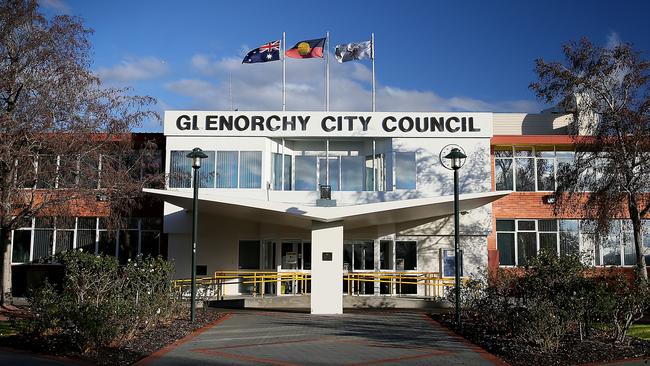
Tasmania
Don't miss out on the headlines from Tasmania. Followed categories will be added to My News.
LOCAL Government Minister Peter Gutwein says he will act quickly to “restore democracy” to Glenorchy in the wake of an explosive report into the council’s tendering processes.
The report, by Tasmanian Auditor-General Rod Whitehead, has also sparked calls from Denison independent MP Andrew Wilkie and the council’s suspended mayor Kristie Johnston for police to investigate any possible criminal behaviour in the council’s million-dollar engagement of a Victorian company.
The Tasmanian Audit Office on Tuesday handed down a scathing report into the council’s use of CT Management — headed by former Victorian premier Jeff Kennett — to the tune of $1.05 million.
Mr Whitehead said the engagement of CT Management by the council, without going to tender, “lacked transparency” and failed to comply with the Local Government Act and the council’s own code for procurement.
And in an explosive allegation against the conduct of the council, Mr Whitehead said evidence was found to indicate the intentional splitting of procurement activities of CT Management into multiple contracts to avoid the requirement to publicly invite tenders.
“What we found was that there was 105 different invoices that were submitted by CT Management over a period of five years,” he said.
“There were 13 distinct projects that were conducted by CT Management in that particular time. What we found is that some of those projects exceeded those thresholds and quotations should have been called. And in one case, we believe that there was the intentionally splitting of the procurement activities across a number of projects to again avoid the requirement to go to tender.”
In State Parliament, Mr Gutwein said it was a “very concerning” report.
“[It] raises very serious questions about its internal practices and governance controls,” he said.
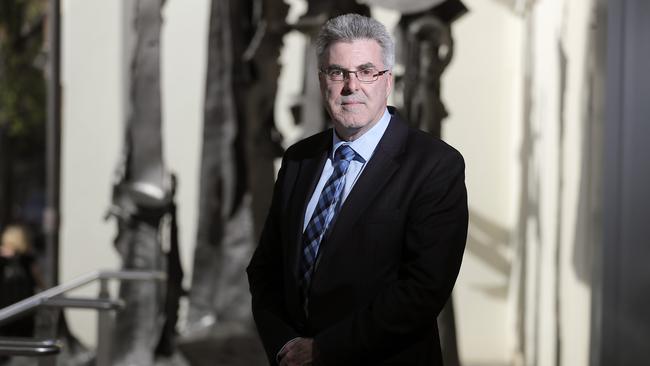
The report by the state’s public sector watchdog comes as the Board of Inquiry investigation into the council is still ongoing — having now run for more than two years.
Mr Gutwein said with a further legal challenge by Glenorchy general manager Peter Brooks against the board to be heard by the Full Court next week, there was a possibility that it would still be ongoing next year.
But Mr Gutwein said that, in light of the concerns raised in the Auditor-General’s report and others flagged by the Glenorchy community, he would shortly reveal the State Government’s plan to restore democracy to the city.
“The community quite rightly is concerned and frustrated as the inquiry has been ongoing since October of 2015 and this final report by the Auditor-General will do nothing to alleviate community concerns,” he said.
“For this reason, we are considering our options and in coming days I will have more to say about what we believe is the best way forward to restore democracy and good governance to the city of Glenorchy.”
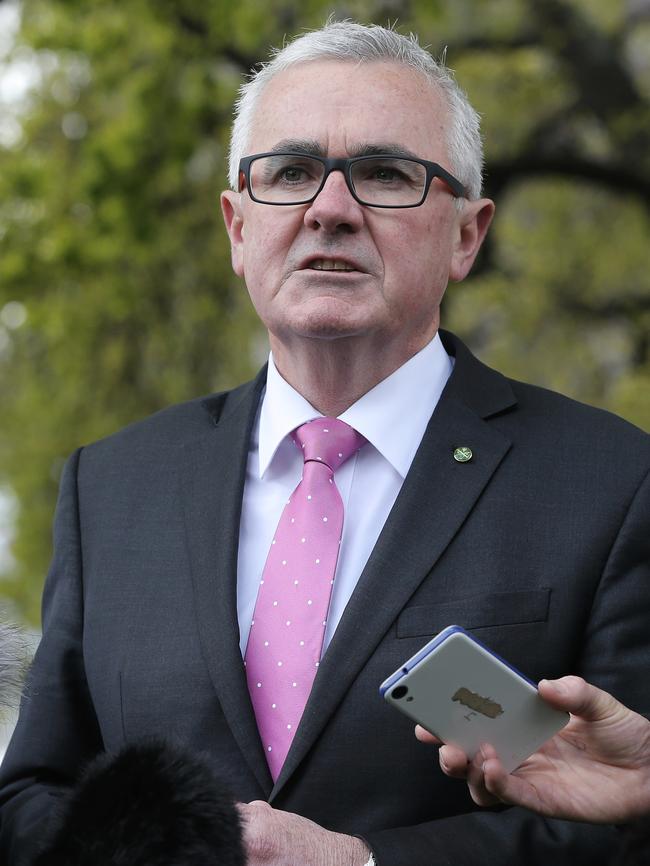
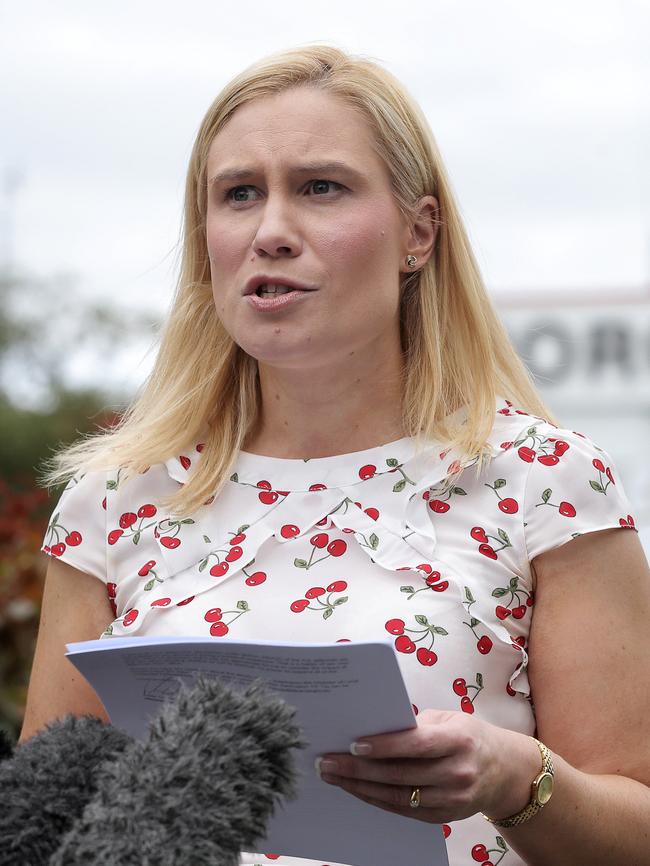
Mr Wilkie said there was now a pressing need for the Government to refer the report to the police to determine whether there had been any criminal behaviour.
“Questions that need answering include: why exactly was a contract split for ‘the purpose of avoiding the requirement to publicly invite tenders’?” he said.
Ms Johnston echoed his calls, describing this finding as “particularly concerning”.
But a Tasmania Police spokeswoman said it was not a matter for them.
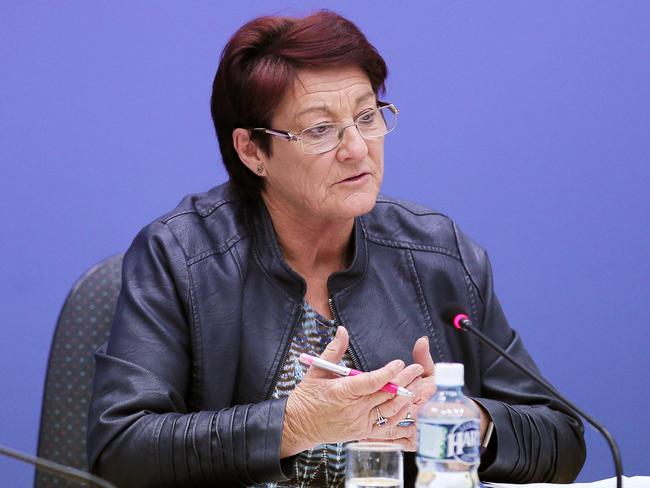
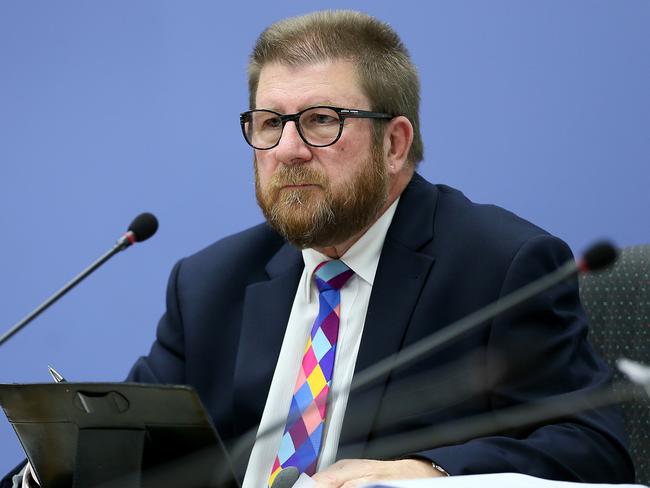
The investigation into the council’s tendering was sparked after complaints from the public and reports in the Mercury.
Mr Brooks — who is on indefinite leave — defended the council’s tendering.
“There was certainly no deliberate intention to split the projects to avoid going to public tender,” he said.
“Each project had a separate proposal — the requirements for each project were not known and there was no full understanding of what would be required to implement the council’s March 2015 decision until some of the earlier projects had been completed. I considered that the projects were not one project and therefore did not exceed the threshold.”


